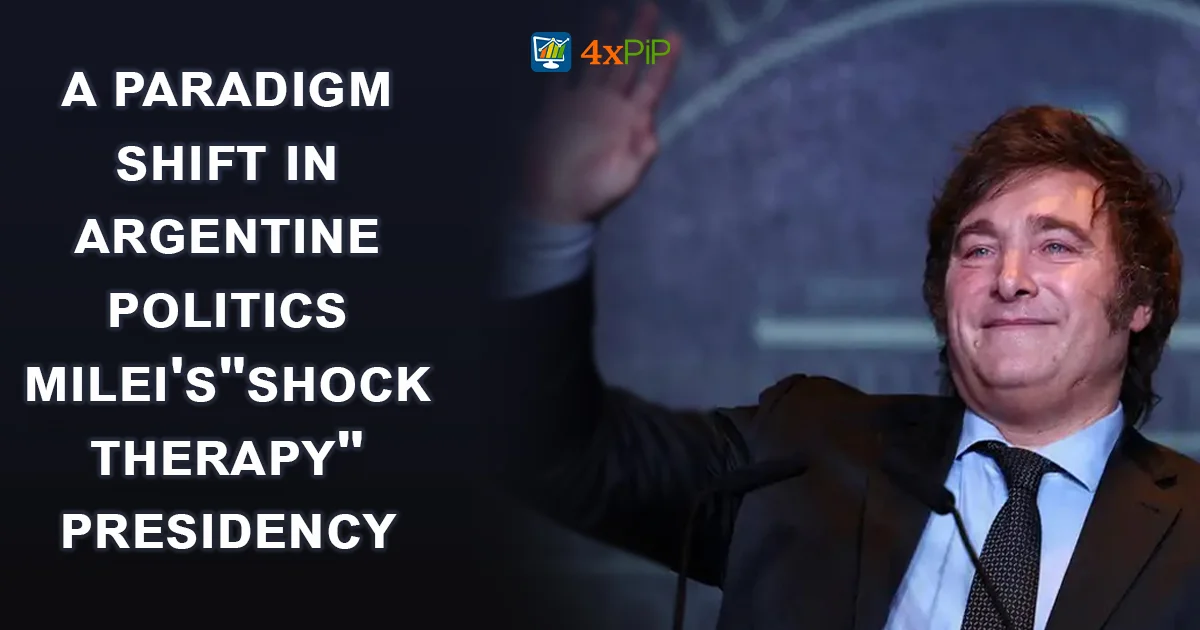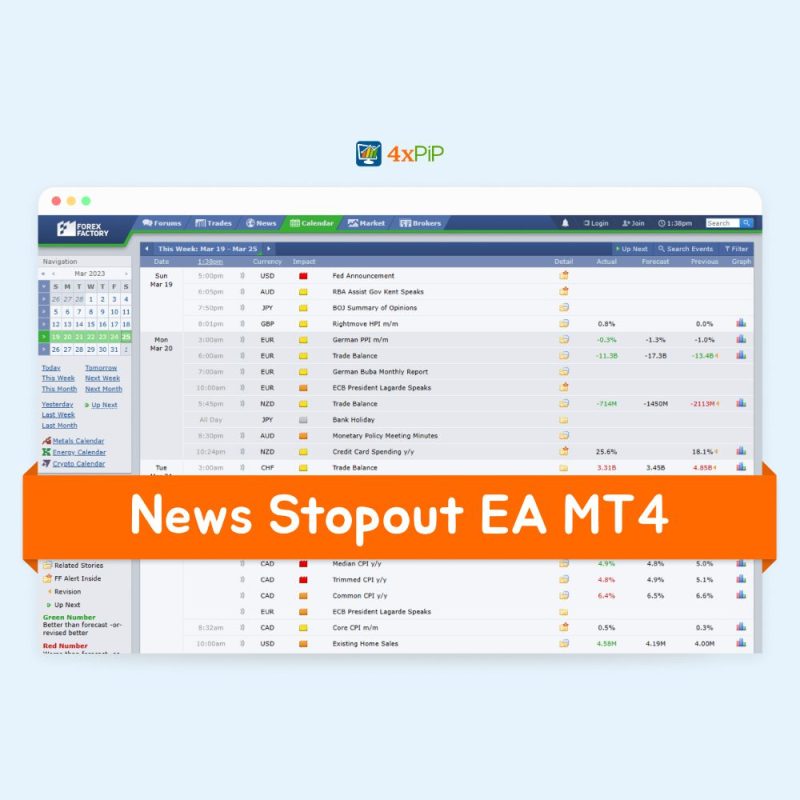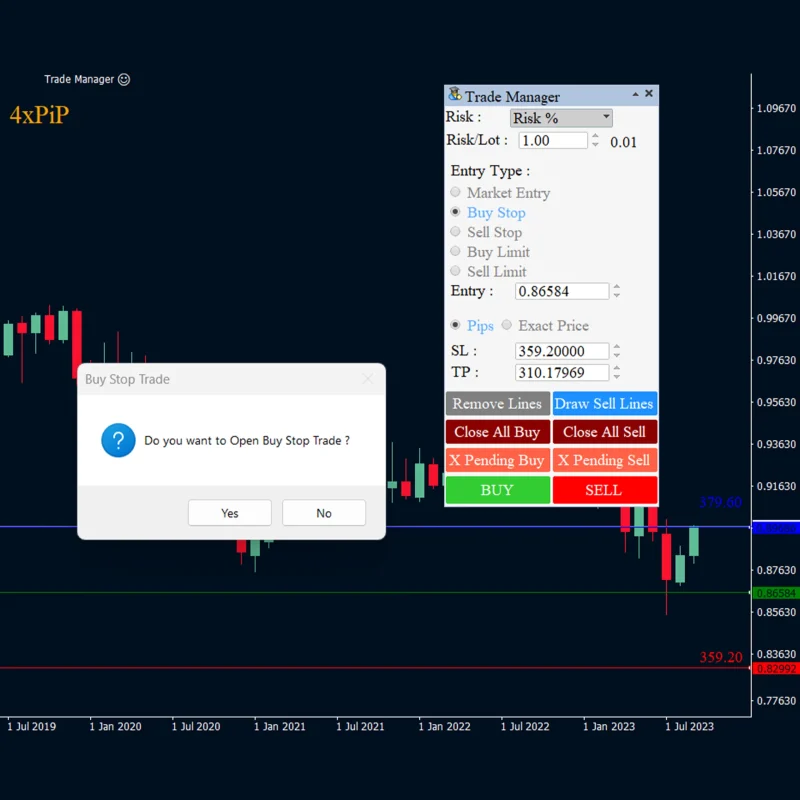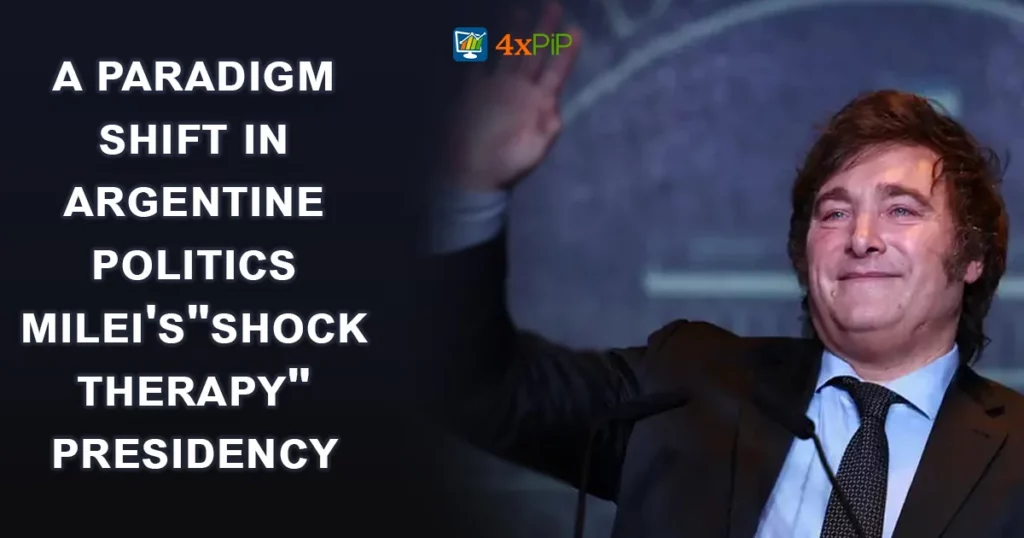In a surprising twist, Argentina chose the libertarian outsider Javier Milei as its president, marking a bold shift from traditional politics. With almost 56% of votes, Milei’s win against Peronist rival Sergio Massa signals Argentinians’ daring choice to tackle economic challenges.
A New Direction: Economic Shock Therapy:
Milei’s rise promises “shock therapy” for Argentina’s economy, including closing the central bank, ditching the peso, and cutting government spending. Though potentially painful shock therapy, these proposals appeal to voters weary of economic struggles.
Facing Monumental Challenges:
However, Milei inherits a monumental task. Managing a $44 billion debt program with the International Monetary Fund, tackling inflation approaching 150%, and navigating complex capital controls pose significant challenges. The new president must grapple with the aftermath of Argentina’s worst economic crisis in two decades, leaving empty coffers and a country unable to tap into global credit markets.
The Voice of the Youth:
Milei’s popularity, especially among the youth, signals a desire for change. Young voters, having witnessed their country’s repeated crises, view Milei as a potential solution to break free from the cycle of economic instability. “Our generation is pushing the presidency of Milei to stop our country being a pariah,” says Agustina Lista, a 22-year-old student in Buenos Aires.
Impact on Politics and Trade:
The election marks a seismic shift in Argentina’s political landscape, challenging the dominance of traditional political forces. Milei’s outspoken views on China and Brazil, coupled with a preference for stronger U.S. ties, suggest potential shifts in trade dynamics. Additionally, these changes could have a notable impact, particularly in grains, lithium, and hydrocarbons.
Navigating a Fragmented Congress:
While Milei’s alliance with conservatives bolstered his support, a highly fragmented Congress presents a hurdle. Lacking a majority, he must seek backing from other factions to enact his proposed reforms. The absence of regional governors or mayors within Milei’s coalition may temper some of his more radical proposals.
Conclusion: A Test of Economic Resilience:
As Argentina embarks on this uncharted political course, Milei’s presidency will be closely watched. The nation’s long-suffering voters, yearning for an end to economic malaise, have placed their hopes in Milei as the catalyst for change. Whether he can deliver on his promises and steer Argentina toward economic resilience remains to be seen.
In this historic shift, 4xPip urges readers to stay informed about the changing political landscape. Explore expert tools at 4xpip.com. Contact [email protected] for guidance.












